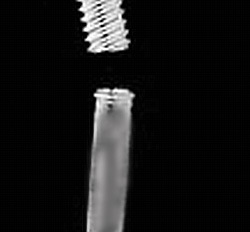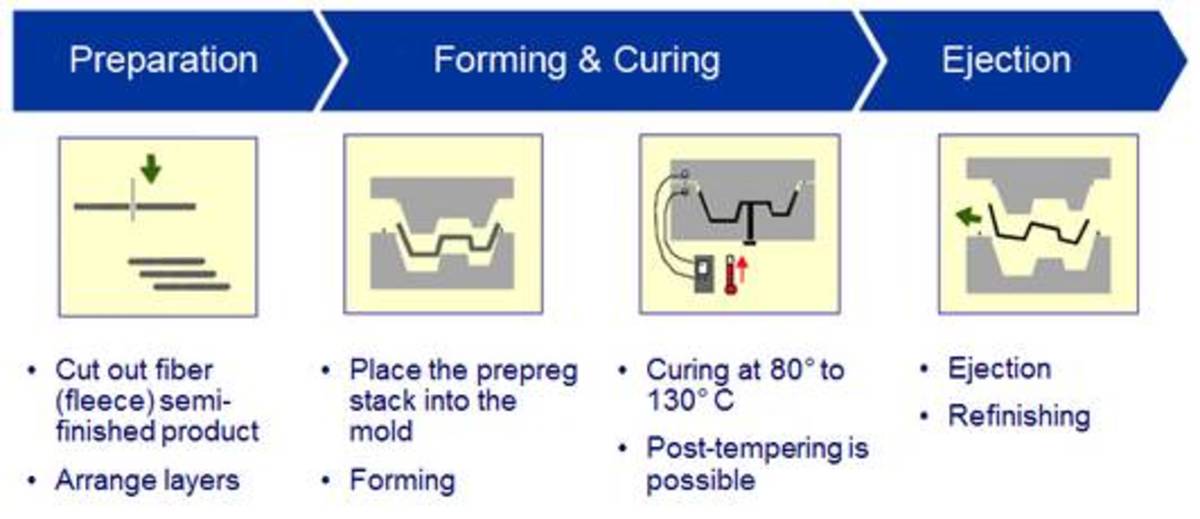Tips Fastener Torque -Maintenance Cruz

Its Tight, I Think?
Torque specifications are a funny thing wth mechanics, most know about them but few even try to apply proper torque. Most general maintenance shops will have one or two torque wrenches that never see the light of day. A lot of techs don't have the foggiest clue about general torque specs on standard grade 5 bolts.
You have to get into the deeper meaning of torque beyond that it means the bolt is tight to get this point across. Torquing a bolt is more about the stretch then the tightness. Every time you tighten a bolt half the holding power is due to the bolt being stretched properly and not passed its limit. A properly stretched bolt is reusable where a overstretched bolt is finished. When you reuse an overstretched bolt again you will tighten it to the sheer point as the microstructure of the bolt was damage in the first use. In general auto manufacturers specify changing head bolts as they stretch to their limit under the extra stress of a hot expanded head, not changing the bols is a great way to get a blown head gasket.
The key words here are tensile strength and what that means. A bolts tensile threshold is that point where it is stretched but, the basic structure is not damaged. Tensile strength is the maximum a bolt will take before it breaks. Tensile test is a stretching test of the material where a ductile test is a bending test. The truth is that most bolts that get reused are actually no good and they may fail or may not depending on where they are applied. Over stretched bolts are distorted and the threads are no longer in spec. You may be able to run this bolt in a hole but you have now deformed the threads in that hole and the engineering strength specs no longer apply.
The Reality Of The Situation
Now back to reality, most techs do not use torque wrenches and they probably won't start anytime soon. I found it really helpful o give a torque class to my tech where I would have them use a box end wrench to tighten bolts to what they thought were the correct torques. Ninety percent or more over torqued all the bolts. I would have them retry on all the standard sizes until they were within ten percent to give them a feel. This method worked pretty well along with insisting on the use of a torque wrench in critical areas.
I had a really hard working tech once who just didn't know his own strength and had it solidly emblazoned on his brain that all bolts needed to be as tight as he could get them. He was a challenge to get on board and I had to go to extra lengths with him to get him to see the light. Between proving that some of the downtime failures were his direct fault due to over tightening, striped bolts, striped holes, and sheered bolts. This was honestly really making me mad but, I held my temper and used these issue as an opportunity to train. I still run into him occasionally and we have a chuckle about the times I had to go the extra mile to get him straightened out, the torque thing was only one issue.
The impact wrench is a great time saver and a bolt destroyer all in one. I love using pneumatic tools when I can to make the job easier and faster but, care must be taken. First off the impact wrench is hell on threads even before you ever reach the point of tightening. Sending hard metallic vibrations through a bolt to the hole threads is great way to destroy threads. The vibration can cause fractures in the threads as well as flaking that can seize or gall the threads. Granted they are used all the time in many different mechanics shops but, that does change the fact that you could be one hammer away from a destroyed bolt or hole. Best practice is to start all bolts by hand and run the bolts in on the lowest power setting of the impact finishing with a torque wrench.
Torque And Materials
Then there are the types of fasteners and the associated torques. Standard or coarse thread bolts are meant to hold in a general way whereas fine thread bolts are meant to hold at much higher pressures. Bolt material is also very important as materials act differently under load and thread interaction. Anyone who has ever over torqued a stainless steel fastener or pipe joint without anti seize will know, its never coming apart again unless its cut apart. I learned this lesson the hard way when I hand threaded some stainless pipe parts together and three out of nine seized permanently.
There is an engineered reason why box end wrench start at short lengths and grow as you go up in wrench size, the torque is built into the tool. The idea is that a 7/16ths end only needs to be five inches long because its all the leverage that a human needs to achieve the proper torque without the use of a cheater pipe. This is where the torque demonstration comes in as even with a proper length wrench over torque can still be achieved if you put your back into it.
I always insist that my techs use box and open end wrenches designed for the bolts they wish to work opposed to adjustable wrenches. I try to greatly reduce the adjustable wrenches in my department to just the larger sizes. Adjustable wrench lack several things and the first is the engineered torque limitation by length. The second is that they flex at the jaw under load, especially the foreign made models. These wrench have a very nasty habit of rounding off bolt heads which is a huge pet peeve of mine because it is totally avoidable. I get a bolt down to the point where it is ready for final tightening, flip the wrench around and finish it with the box-end and voila, no rounded head.
Socket wrenches pose a problem with torque feel as will due to all the extra flex between the locking mechanism, the socket to wrench interface, and the socket itself. Allen wrenches are probably some of the worse next o adjustable wrenches due the use of cheater pipes and that the end of allen wrenches become rounded off fairly quickly. Regularly replacing allen wrench sets is a really really good idea. I would periodically inspect my allen wrenches and trim them back so I had new square drive sides to work with. I do not promote cutting or augmenting any tools though as the tool may become dangerous due to the changes, better to just get a new fresh set.
Another consideration to be aware of is wet bolts like grease or oil wet. Any bolt being tightened that is lubricated does not torque correctly. Engineers have actually studied this and have published recommendation for torquing wet fasteners. I do not recall, but there may be something on the subject in the Machinery's Handbook. I recommend that all your techs either have a copy of the Machinery's Handbook or have access to one, it is also a good tool for testing your techs where they must read it to pass. I will link an ad at the end of this blog to the Machinery's Handbook.
With all tools personal protective equipment should be what you want and not what you have to wear. Tools work under huge loads so we do not have to and perform functions that we can not. I have seen shattered sockets, snapped breaker bars, and broken or twisted allen wrench, the broken allen wrench sent the guy to the hospital for stitches in his forehead.






